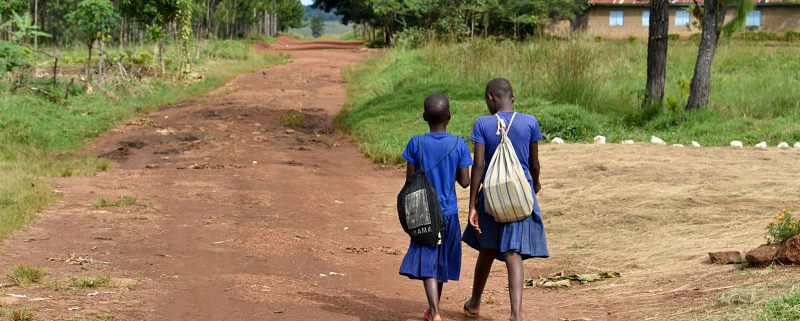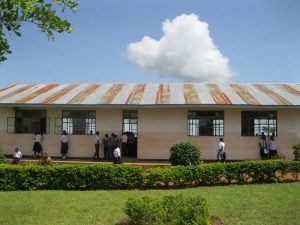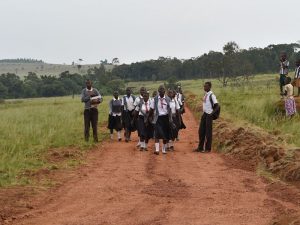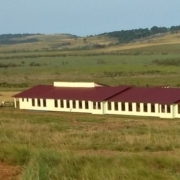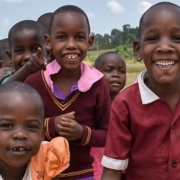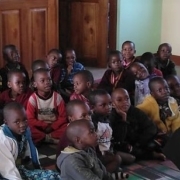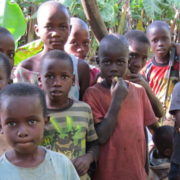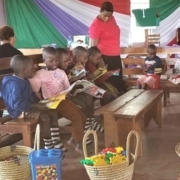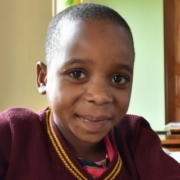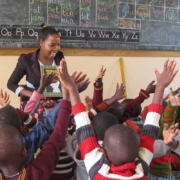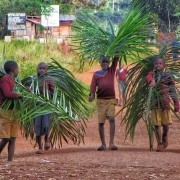No Second Chance
Mariam attended a typical rural government primary school like the one shown in the pictures below.
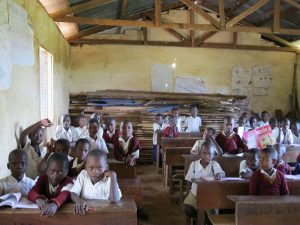
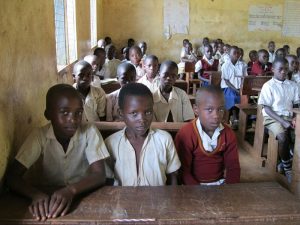
She was 14 years old and had just finished Standard 7 (Grade 7) when we visited Bushasha in 2018. She was a delightful, hard-working girl, always curious and eager to practice her English with the books we had brought along. At that time Mariam was waiting with hopeful anticipation to find out the results of the national exam she had recently taken. She told us in confidence that she thought she had done well.
In the Tanzanian education system, primary education ends after Standard 7. After completing Standard 7, students take the national Primary School Leaving Exam. This high stakes test determines the next step in the student’s educational future. Students who do well may get into a higher quality government secondary school (high school). Students with mediocre scores have an option to attend a “community” secondary school, where the resources provided by the government are much more limited. Students who do poorly have no chance to go on to secondary school. Their formal academic education ends at this point.
When we visited Bushasha again in 2019 we expected to find Mariam enrolled in secondary school, at least the local community secondary school. But when we asked about her situation we were told that she had not done well enough to get into secondary school at all. Worse than that, she was already married, although she was still just a child of fifteen.
At CORE Tanzania we’re convinced that a different kind of education, at a school like Twegashe Primary School with small class sizes and proper resources, would have meant a different ending to Mariam’s story.
This conviction, that all children deserve a good education and can succeed if they are given a real chance, motivates everything we do. We’re working to help set children like Mariam on a path to success in secondary school and a brighter, more productive future.

